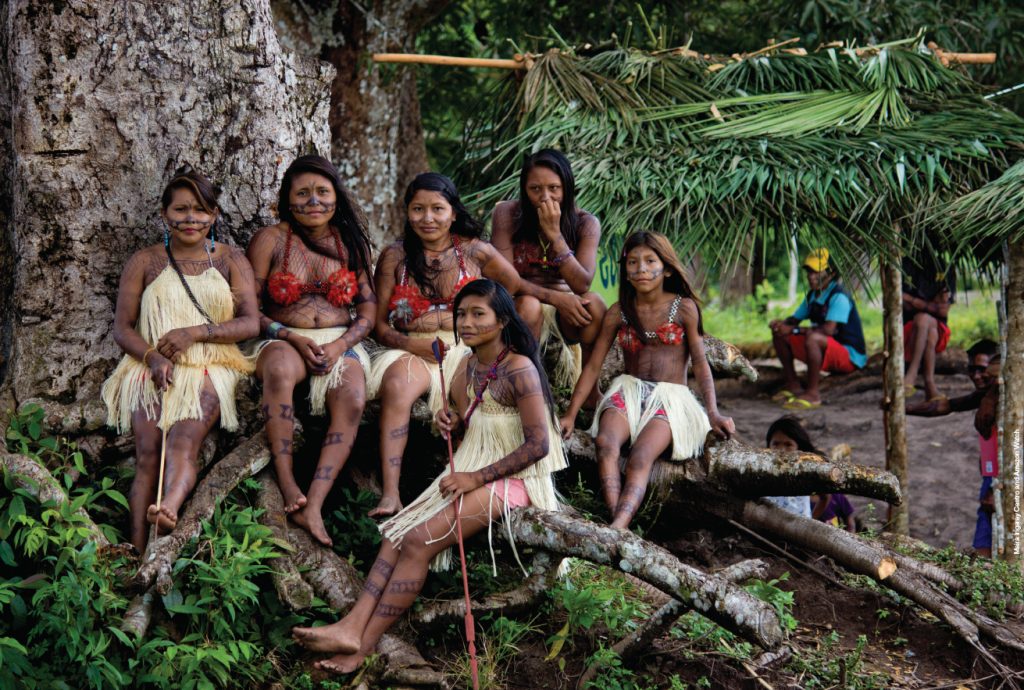
SIMMONS, WALKER – Endangered Amazon: An Indigenous Tribe Fights Back Against Hydropower Development in the Tapajós Valley
Robert Walker and Cynthia Simmons
Article first published online: 01 MAR 2018 Environment Magazine
ABSTRACT: One of Amazonia’s most pristine waterways, the Tapajós River, is under a development threat that holds implications for the entire basin. This threat stems from an infrastructure plan proposed by the Union of South American Nations (UNASUR), in coordination with complementary projects on the part of its 12 member states. UNASUR’s Initiative for the Integration of the Regional Infrastructure of South America (IIRSA) seeks to transform Amazonia into a multimodal transportation corridor and a source of hydropower. Critical to this transformation are projects in Brazil, which has recently built dams on the Xingu and Madeira rivers, with a combined capacity of ~18,000 megawatts. Although environmental resistance surfaced in both cases, it was insufficient to stop the bulldozers, electric shovels, and wheel excavators. The same cannot be said for the Tapajós River, where an indigenous people, the Munduruku, has slowed development. Our goal is to illuminate this asymmetrical conflict between the Brazilian State and this tribal group, in an effort to address the conservation challenges Amazonia faces in the 21st century. To accomplish this, we attempt to answer two questions. First, how significant is the development threat posed by IIRSA, to both the Tapajós Valley and the Amazon Basin? Second, do the Munduruku provide a possible conservation response to development processes set in motion by large-scale infrastructure projects? If environmental policy fails, does political resistance hold promise as a conservation strategy?
Read the full publication at Environment Magazine
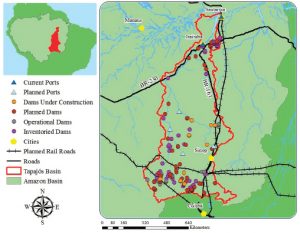 |
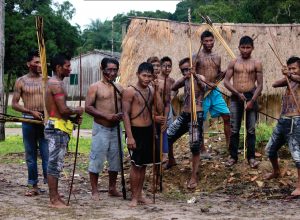 |
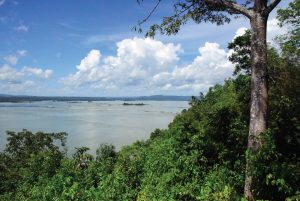 |
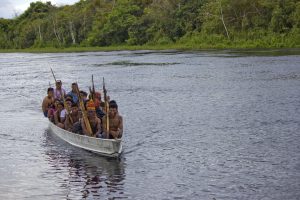 |
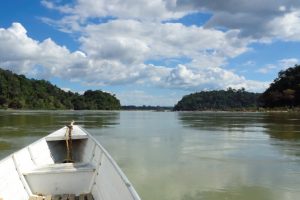 |
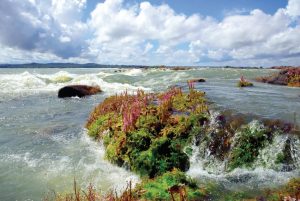 |